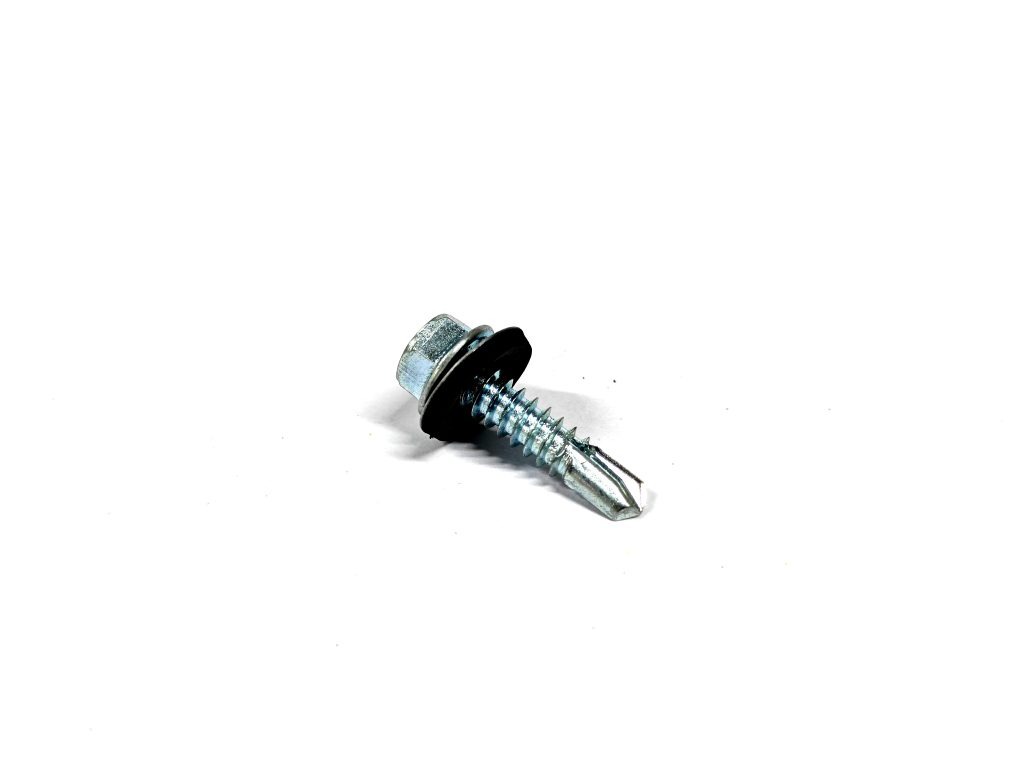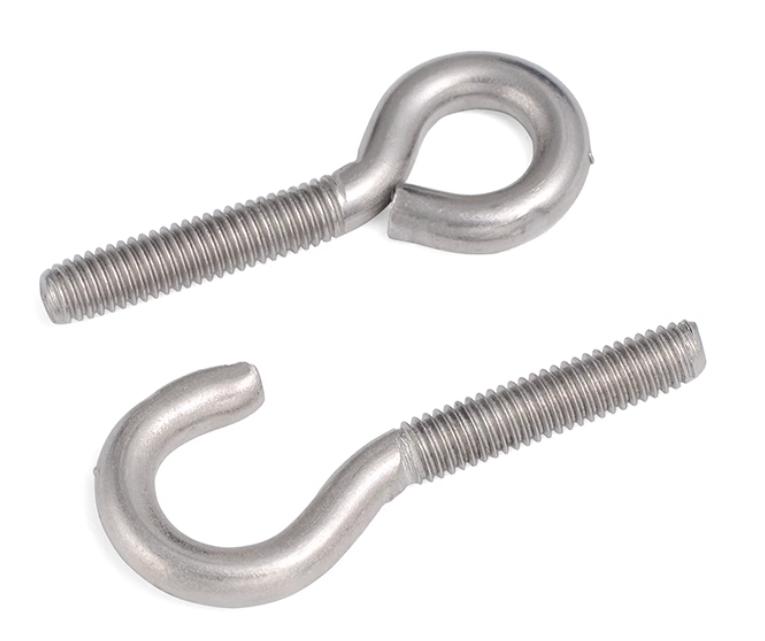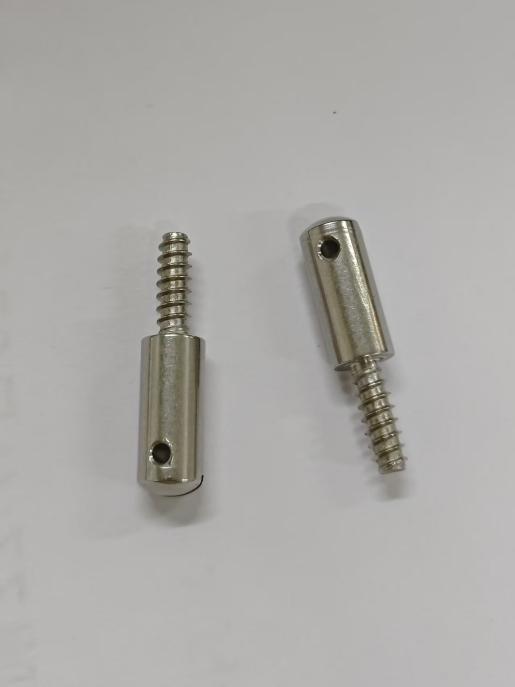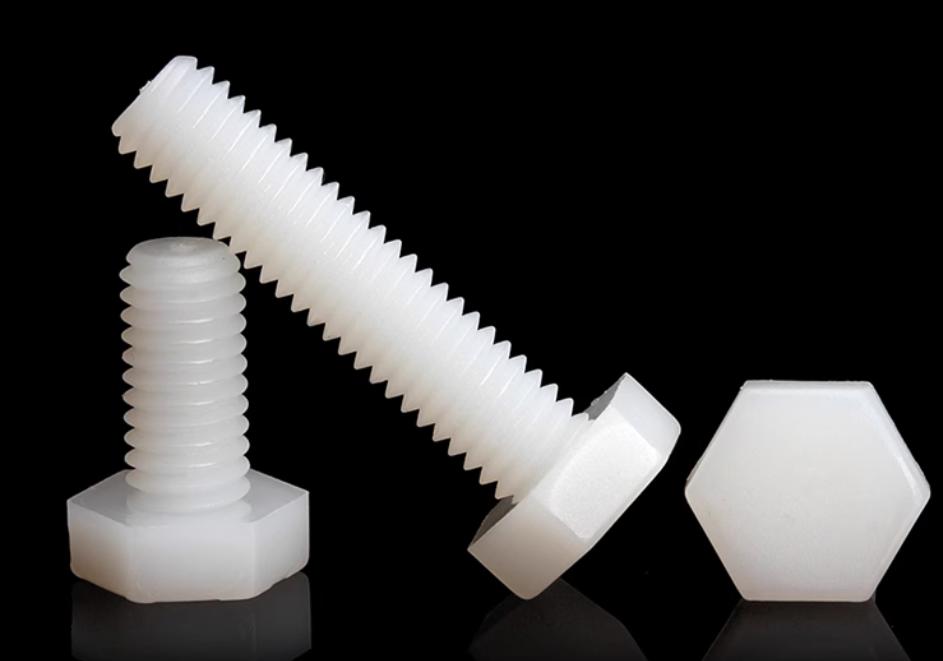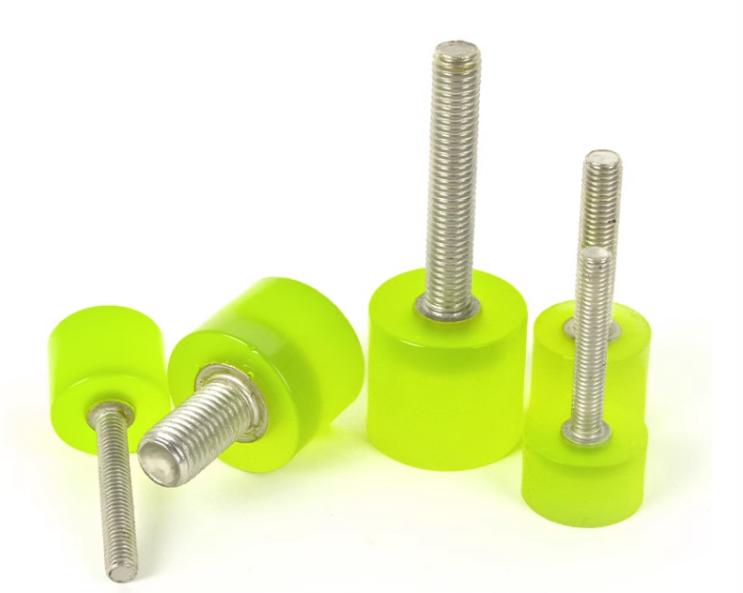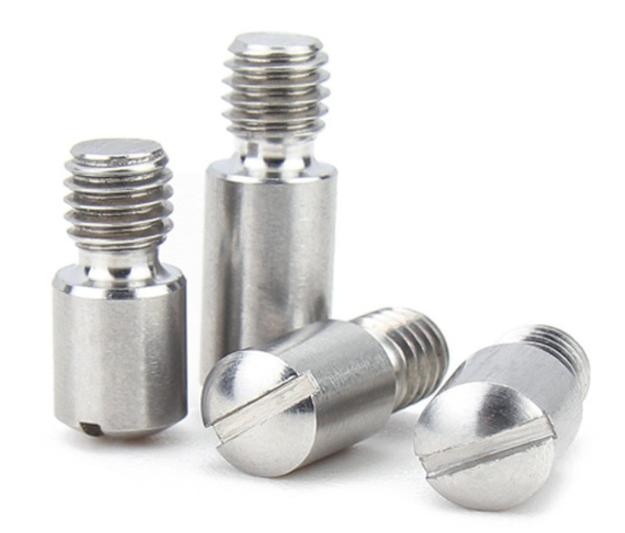How to Expand the Lifetime of Steel Screws
Steel screws are ubiquitous in various industries, serving as essential components in countless applications. Whether you’re working on a DIY project at home or handling a complex construction project, the longevity of steel screws is paramount. In this article, we’ll explore the world of steel screws, the importance of extending their lifetime, factors affecting their durability, and practical strategies for achieving this goal.

What are Steel Screws?
Steel screws are threaded fasteners commonly used to join two or more materials together. They come in various shapes, sizes, and types, each tailored to specific applications. From simple household repairs to intricate machinery assembly, steel screws play a pivotal role in ensuring structural integrity and functionality.
Why is it Important to Expand the Lifetime of Steel Screws?
The importance of extending the lifetime of steel screws cannot be overstated. Here are a few compelling reasons why it matters:
- Cost Efficiency: Replacing steel screws frequently can be costly in terms of both time and money. By prolonging their lifespan, you reduce the need for constant replacements, ultimately saving resources.
- Safety: In many applications, the reliability of steel screws is critical for safety. Failure due to wear or damage can lead to accidents and compromised structural integrity.
- Environmental Impact: Reducing the frequency of screw replacement also has environmental benefits, as it minimizes the production and disposal of these components.
- Project Efficiency: A longer-lasting screw means less downtime for maintenance and repairs, contributing to project efficiency and completion timelines.
What Factors Affect the Lifetime of Steel Screws?
Several factors can impact the durability and longevity of steel screws:
- Material Quality: The choice of steel alloy plays a significant role. High-quality alloys are more resistant to wear and corrosion.
- Installation Methods: Proper installation techniques, including the use of suitable tools and correct torque, are essential to prevent damage during installation.
- Environmental Conditions: Exposure to harsh environments, such as moisture, chemicals, or extreme temperatures, can accelerate corrosion and deterioration.
- Material Compatibility: Screws must be compatible with the materials they join to prevent chemical reactions that can weaken them.
- Handling and Maintenance: Rough handling, improper storage, and neglecting regular maintenance can all shorten a screw’s lifespan.

What are Useful Tips to Expand the Lifetime of Steel Screws?
To ensure steel screws last as long as possible, consider the following tips and techniques:
Choose the Right Steel Screws for the Job
Different types of screws are designed for different applications. For example, drywall screws are designed for use in drywall, while wood screws are designed for use in wood. It is important to choose screws that are made from the appropriate grade of steel and that are the correct size and type for your project.
Here are a few tips for choosing the right steel screws for the job:
- Consider the type of material you will be fastening. Different types of steel screws are designed for use in different materials, such as wood, metal, and plastic.
- Consider the environment in which the screws will be used. If the screws will be exposed to a corrosive environment, such as an outdoor environment, you will need to choose screws that are made from a corrosion-resistant material, such as galvanized steel or stainless steel.
- Consider the load that the screws will be subjected to. If the screws will be subjected to a high load, you will need to choose screws that are strong enough to withstand the load.
Use the Right Tools and Techniques to Install Steel Screws
Using the wrong tools or techniques to install steel screws can damage the screws and reduce their lifespan. Here are a few tips for installing steel screws properly:
- Use a screwdriver that fits the screw head snugly.
- Apply moderate pressure when turning the screw.
- Do not overtighten the screws.
- If you are installing steel screws in wood, pre-drill a hole that is slightly smaller than the diameter of the screw. This will help to prevent the wood from splitting.
Apply a Lubricant to the Screws Before Installing Them
Applying a lubricant to the screws before installing them can help to reduce friction and prevent the screws from stripping. A good lubricant to use is a light-duty oil or grease.
Pre-drill Holes Before Installing Steel Screws in Wood
If you are installing steel screws in wood, it is a good idea to pre-drill a hole that is slightly smaller than the diameter of the screw. This will help to prevent the wood from splitting and will make it easier to turn the screws.
To pre-drill a hole, use a drill bit that is slightly smaller than the diameter of the screw. Drill the hole to a depth that is equal to the length of the screw shank. Once the hole is drilled, you can install the screw.
Do Not Overtighten Steel Screws
Overtightening steel screws can damage the screws and strip the screw head. It is important to apply moderate pressure when turning the screw. If you are using a power screwdriver, be careful not to overtighten the screws.
Protect Steel Screws from Corrosion
Steel screws are susceptible to corrosion, especially if they are exposed to a corrosive environment, such as an outdoor environment. There are a number of things you can do to protect steel screws from corrosion, including:
- Use galvanized or stainless steel screws in corrosive environments.
- Apply a coating of paint or sealant to the screws.
- Regularly inspect the screws for signs of corrosion. Replace any screws that are corroded.

Conclusion
Extending the lifetime of steel screws is a fundamental aspect of ensuring the efficiency, safety, and cost-effectiveness of various projects. By choosing the right screws, using the appropriate tools, applying lubrication, pre-drilling when necessary, and protecting against corrosion, you can significantly prolong the lifespan of steel screws. Implement these strategies in your projects, and you’ll enjoy the benefits of durable, reliable fasteners for years to come.

